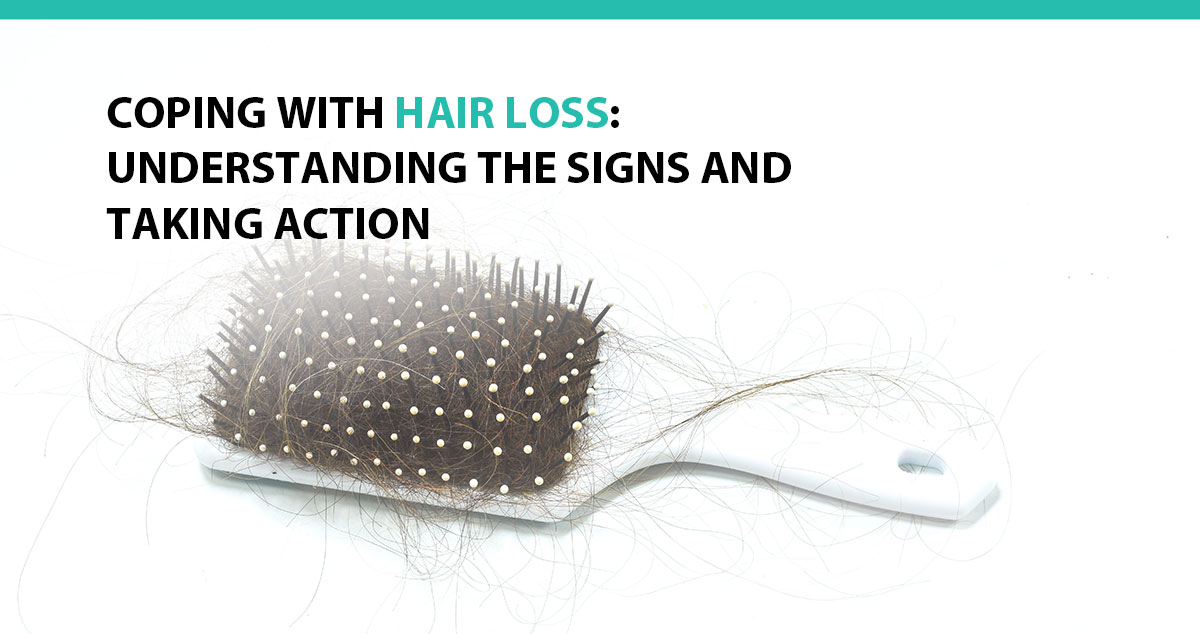
Hair loss is a common experience that affects people of all ages, genders, races, and backgrounds. Millions of people experience it and many seek out answers for possible prevention or for a change in appearance if it has already begun. If you’ve noticed an increase in hair loss, it’s important to understand how to recognize the initial signs and how to take actionable steps to cope with this change.
Recognizing the First Signs
Perhaps you initially dismissed the notion of losing hair, thinking you were too young for such concerns. However, if you notice more hair staying in your comb after each brushing, or even seeing more and more hair on the floor or in the laundry, these are indications of the first signs of hair loss. While this may be unsettling, there’s no need to worry. There are numerous ways to combat hair loss, and here are some practical steps to help you navigate this journey.
Understanding the Underlying Causes
To address hair loss, it’s crucial to understand why your body is undergoing this change and the specific reasons behind your hair loss. Two common causes of hair loss in men are genetics and changes in medication. If you’ve recently started a new medication and are experiencing hair loss, consult your doctor regarding its potential side effects and any measures you can take to control or manage hair loss while on the medication.
Genetic predisposition is another common cause of hair loss. As a matter of fact, it’s the most common cause. Take a closer look at the men in your family during reunions. You’ll likely notice an age range at which they begin to experience hair loss. This can provide valuable insights into how your body might respond. If there are no family reunions in your near future, it might be a good idea to look through pictures of family members for clues. Or speak with them. (They might even tell you whose fault they think it is.)
The Role of Diet
Believe it or not, your diet can significantly impact various aspects of hair loss, including its onset and even its rate. If you’ve noticed accelerated thinning or balding, making changes to your diet can help slow down or even reverse the effects. Incorporating healthier foods rich in proteins, vitamins, and minerals can positively influence the way your hair is affected.
The Impact of Stress
Stress is a major trigger for advanced hair loss in men. Not only can stress lead to hormonal imbalances, but it can also exacerbate the condition of your hair. If you’ve observed increased hair loss during stressful periods, consider implementing strategies to reduce stress in your life. A good starting point is to evaluate your diet and make necessary improvements. Additionally, exploring meditation, yoga, and other therapies can help you better manage and overcome stress.
Taking Action
Experiencing the initial signs of balding can be disconcerting, particularly if you’re younger or didn’t anticipate such a concern at this stage in your life. However, there are solutions available to you.
If you’ve tried various approaches without success, seeking professional assistance can be beneficial. Contact Dr. Joseph Williams to gain further insights on how to slow down thinning or balding hair from the onset of the first warning signs.
Take control of your hair health and explore the available strategies to regain confidence and well-being.










